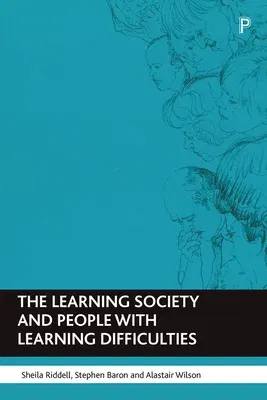There is a growing concern about the social exclusion of a range of
minority groups, including people with learning difficulties. Lifelong
learning is seen as one of the central means of challenging the
exclusion of this group, but also of enhancing their economic status.
This book demonstrates that policy based on human capital premises has
produced forms of lifelong learning which exacerbate the marginalisation
of people with learning difficulties. The Learning Society and people
with learning difficulties: reviews the range of policy fields which
increasingly intervene in the lifelong learning arena; maps the agencies
involved in service delivery and describes their (sometimes conflicting)
ethos; provides in-depth accounts of the lived experiences of
individuals with learning difficulties as they navigate lifelong
learning options. Its exploration of the links between community care,
education, training, employment, housing and benefits policies in the
context of lifelong learning is unique. This book makes a significant
contribution to debates about how people with learning difficulties may
achieve social inclusion, and the part which lifelong learning may play
in this. It is therefore invaluable reading for policy makers,
practitioners and academics interested in these issues.

